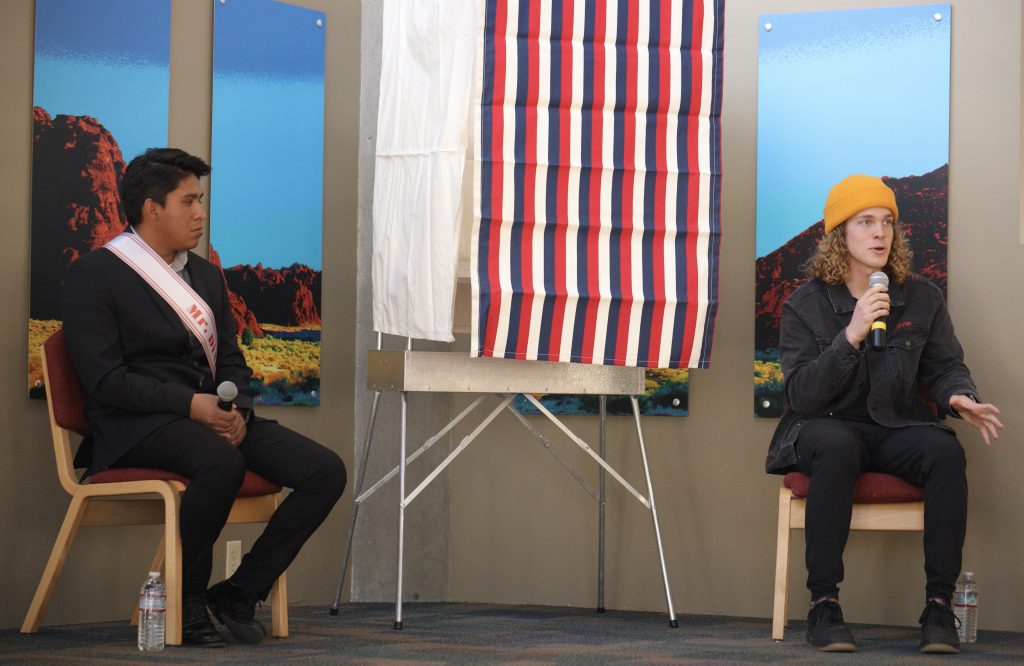Students with academic scholarships received an email March 13 from Joni Hale, associate director of scholarships, containing the changes to the requirements for obtaining and keeping scholarships.
These changes included:
- Students before had to take 15 credits a semester, but now it is 12 credits.
- Students before took 30 credits completed per academic year, and now they must take 24 credits.
- Scholarships are renewable until students reach 130 overall credit attempts to get a bachelor’s degree, and transfer students have 150 credits to get a bachelor’s degree.
- The scholarship change will not be eligible for summer semesters.
Hale said about 60% to 70% of students lose their scholarships at the end of their first year in college because of the credit requirement. These changes are attempting to help students succeed in college.
Even though the credit requirement is 12 credits per semester, it is recommended to take 15 credits instead. This is to help students stay on track with the four-year plan for a bachelor’s degree.
These changes are affecting students in different ways. Some students have had their time with the scholarship extended. The 12-credit workload may make it easier for students who are working to manage their time.
Kaylyn Munson, a freshman general studies major from Hurricane, said, “I’ve been running out of things to do for my generals and so having the limit go down from 15 to 12 has made it a little bit more possible for me to fill up my schedule with 12 credits.”
Another way students are affected is they might not meet the requirements for the scholarship by not having enough credits for next semester. Students sometimes don’t meet the GPA requirements for the scholarship, or their time has been cut short due to the 130 credit limit.
Liam Hoyle, a senior computer science major from Perry, said, “I’m very excited for it because I wish I would’ve had that opportunity because I lost my academic scholarship.”
To help keep scholarships, Hale said students can make up for GPA or credit requirements by enrolling for summer semesters, but students will have to pay for these classes out of pocket.
However, with the lower requirement of 12 credits, students can make up the credits the following semester, as long as students meet the academic year requirement of 24 credits. Students can appeal for the scholarship or fill out an extension application.
For those in financial need, Hale said, “Definitely start applying for scholarships and do it now.”




